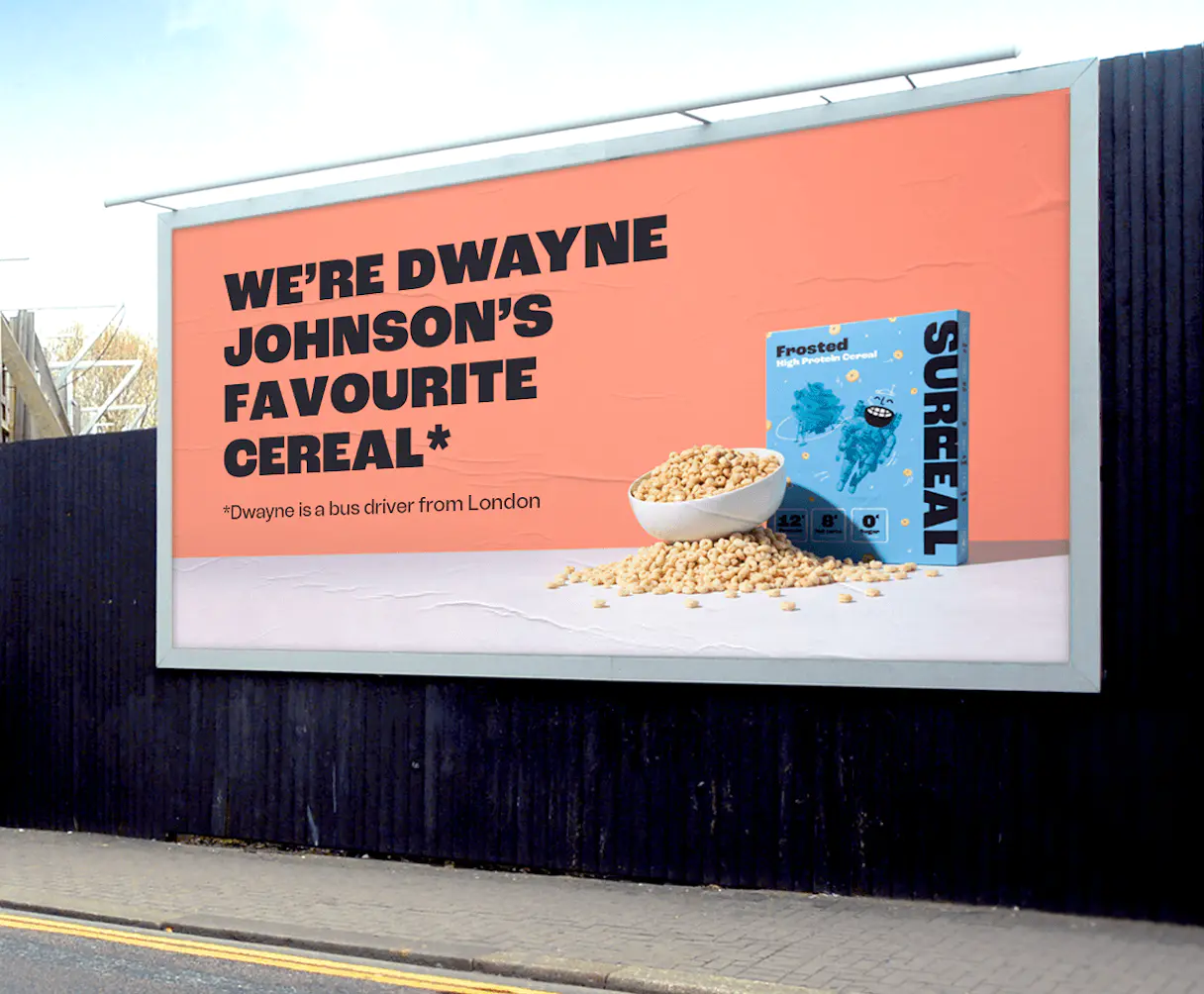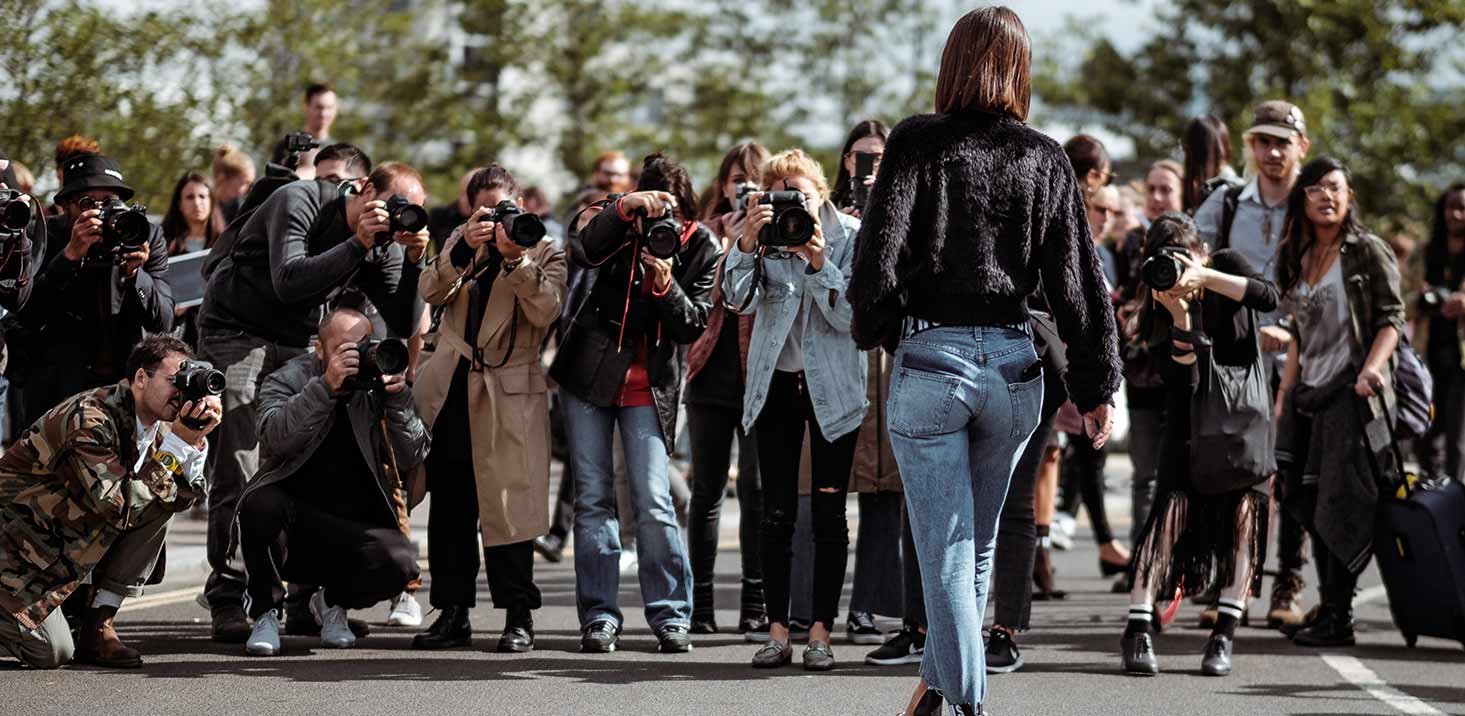Why celebrity endorsement could be the poison chalice your brand doesn’t need
Linekergate. Who would have thought that a tweet by a football commentator would cause such a furore? That fellow pundits would come out in protest or that Match of the Day’s viewing figures would soar by half a million all because Lineker was suspended from commentating? And while detractors say it’s because people simply don’t like Lineker, the truth is most of us love a bit of drama and were secretly hoping the BBC would take Joe Lycett up on his invitation!
And while many are using Linekergate to decry the so-called impartiality of the BBC, it’s also an abject lesson to brands who are considering celebrity endorsement. No, Lineker isn’t a brand ambassador in the traditional sense, but it does show what happens when a celebrity is considered to be bigger, more important, more popular, in fact, more anything than the brand they are meant to represent. And it also shows that how a brand responds to such a situation is crucial, which is why, although celebrity endorsement can be an excellent marketing tactic, it can also be a poison chalice.
Why do brands use celebrities?
Celebrity endorsement isn’t new, with the first recorded case taking place back in 1760 when Wedgewood used royal endorsements as a way to show the value of their brand and to promote their products.
And without a doubt it is a good marketing tactic. As well as raising awareness of your brand, choose the right celebrity and you’ll increase your brand’s credibility and get instant access to your target market, which ultimately will help drive sales.
Tangle Teezer might have been turned down by Dragon’s Den but word of mouth recommendations from a few celebrities such as Victoria Beckham and Salma Hayek helped boost their growth, while Nike used their partnership with Michael Jordan to expand into new markets. The result – a new multibillion dollar subsidiary company called Air Jordan.
And, of course, fronting your advertising campaigns with a well-known face is a great way of making sure you stand out from your competition. After all, we all like to think that George Clooney is just a regular guy who enjoys a good cup of coffee or that a former footballer (sorry, Gary Lineker again!) enjoys nothing more than eating bags and bags of crisps.
In fact, according to the book Contemporary Ideas and Research in Marketing, 85% of us feel celebrity endorsements enhance our confidence in and preference for a product, although only 15% admit that it will impact on their purchase decisions. But that’s still 15% more than without celebrity endorsement.
Choose the right face for your brand or suffer the consequences
Of course, getting a celebrity to front your brand comes with its risks and maybe the biggest is choosing the right person.
This person is going to be the face of your brand, so their own image needs to align with your brand and its values. So, if you’re a make-up brand the last thing you want is for your brand ambassador to publicly announce they don’t wear make-up and are a bit confused about why they have been chosen to represent your brand. But that is exactly what happened to Yardley back in the 1990s when they signed up Helena Bonham Carter. Unsurprisingly, their partnership didn’t last long.
And while it might seem like a safe bet choosing someone who already endorses other products, be wary. In his heyday, Tiger Woods was endorsing ten companies at the same time, which raises questions about whether he really believed in those products or was just in it for the money.
And then there is the whole issue of the cult of celebrity. As we’ve seen with Gary Lineker, there is no point using a celebrity if they are going to overshadow or even worse damage your brand.
Take these examples of Kim Kardashian and David Beckham. There is a real risk that all people see is pictures of their favourite celebs and don’t even realise they are actually advertising products. The last thing you want people to say is ‘saw a great ad with David Beckham, but for the life of me I can’t remember what it was for’!
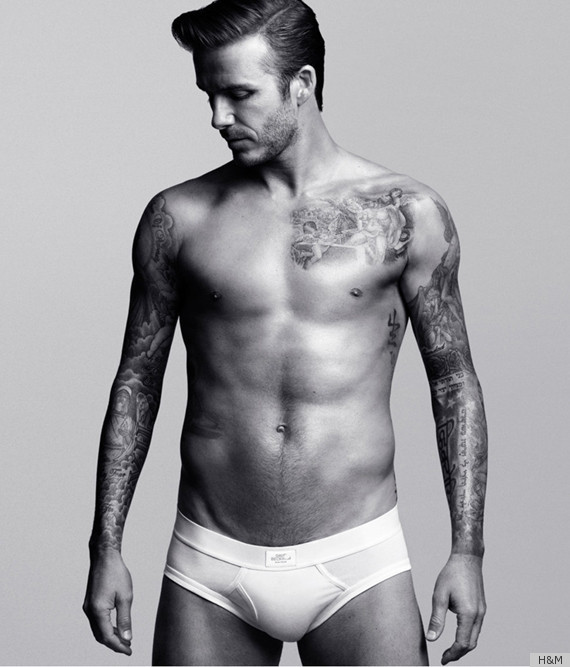
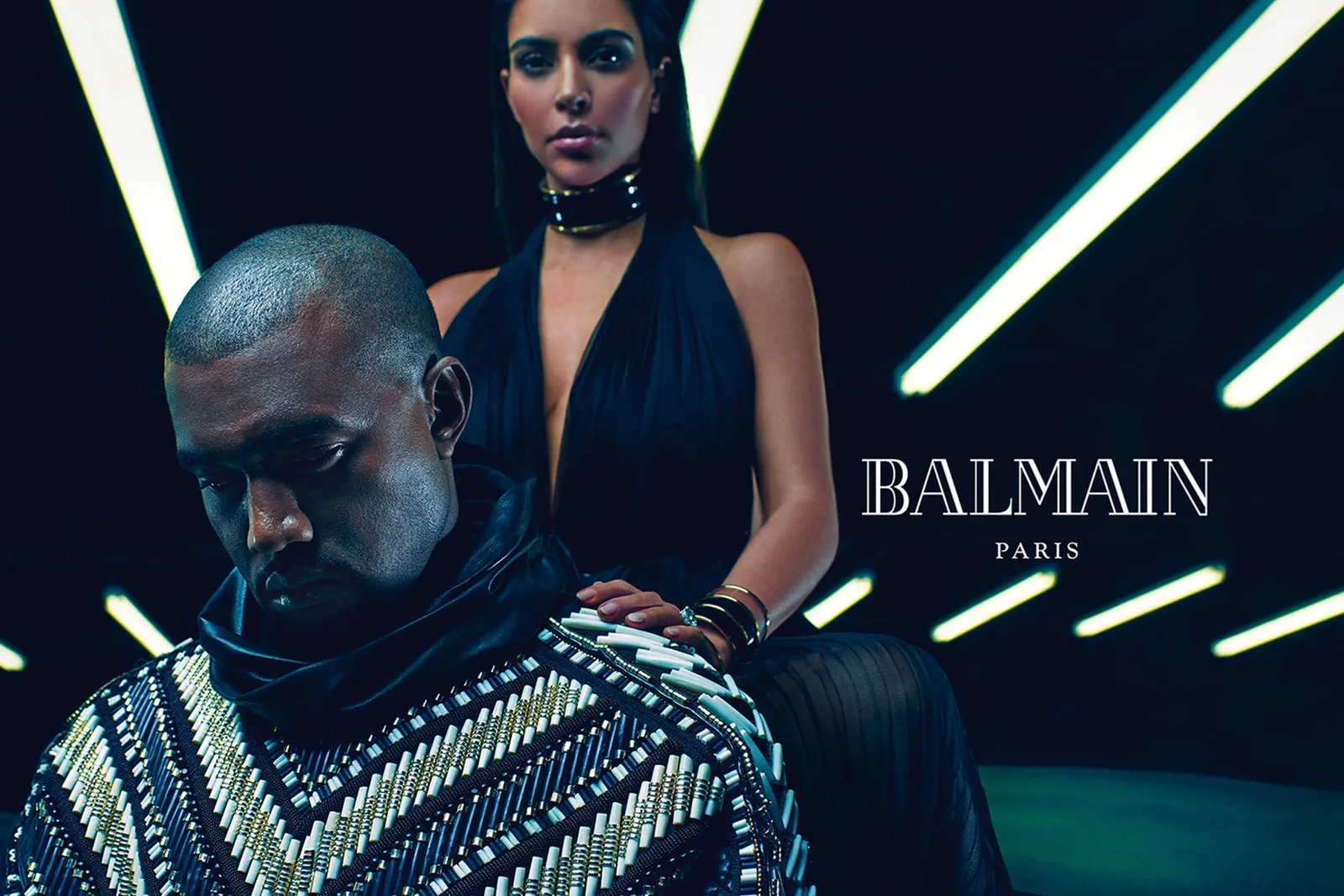
And don’t think using dead celebrities gets around these issues. Dr Martens use of Kurt Cobain saw them pulling the ads and firing their ad agency, after Cobain’s ex-wife Courtney Love said it was a ‘despicable use of her husband’s picture’. And Johnnie Walker Blue Label’s resurrection of Bruce Lee caused controversy given he would probably never have endorsed a whisky given he was teetotal.
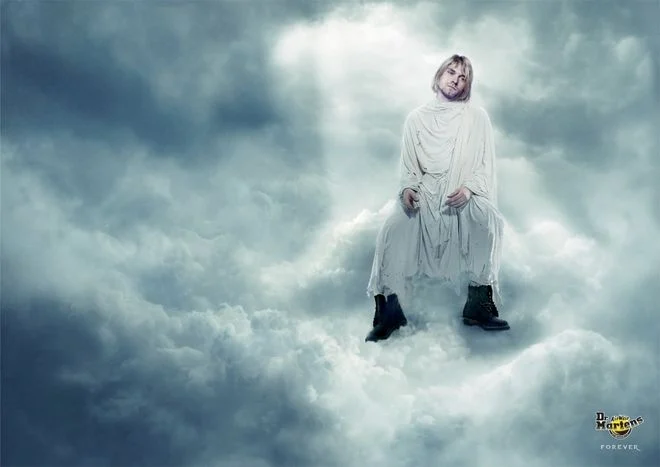
Drugs, sex and plain old stupidity
But even if you get the choice of celebrity right the risks don’t end there, as the biggest risk to celebrity endorsement is the celebrities themselves. After all, while we might be tempted to put them up on a pedestal, they are in fact real people which means just like everyone else they make mistakes.
From Tiger Woods being dropped by Gillette, Pepsi, Accenture and AT&T for his extra-marital affairs, Kate Moss being dropped by Chanel, Burberry and H&M for using cocaine to Philip Schofield being dropped by We Buy Any Car for his part in ‘Queuegate’, the list goes on. But that’s not to say all their offences are super serious as there are times when celebrities are just complete numpties. Ronaldinho, for example was axed by Coca-Cola after appearing at a press conference with a can of Pepsi, while Alicia Keys, the new Global Creative Director of Blackberry decided to tweet from her iPhone only then to try and cover it up by saying she had been hacked.
But the impact on a brand of a celebrity going off the rails can be catastrophic. Just look at Adidas who ended their partnership with Kanye West last year following his anti-Semitic remarks. As a result Adidas could be facing its first annual loss in 30 years with an overall revenue loss of £1.2 billion due to unsold stock.
Whatever you do, don’t do a BBC
But the fact celebrities do make mistakes does pose another problem for brands. How quickly and what action should you take? As the BBC found out to its cost, it’s decision to suspend Lineker for posting political tweets was not the right way to go about things with over half of the British public thinking they were in the wrong.
To be fair their situation was unique, as Gary wasn’t a brand ambassador or BBC employee, but a freelancer and his opinions were his own. But it does highlight how in the age of social media, if you do get it wrong, the general public won’t take it lying down.
Nike are somewhat a past master of this having had to take action on a number of occasions due to doping, violence, conspiracy and even murder charges being made against their various ambassadors. They have chosen to either suspend or break ties immediately with the celebrity depending on the seriousness of the situation.
But that’s not to say they have always got it right. Back in 2009, when the Tiger Woods’ scandal first broke, they decided to keep him on and as result suffered a loss of $1.7 million in sales and 105,000 customers.
Other brands who have been slow to react have also paid the price. Beckham may have signed a four-year contract with Brylcreem, but that didn’t stop him shaving his head halfway through the agreement. Brylcreem did nothing and continued with him as the face of the brand but saw their sales drop by 25% as a result.
Ultimately, how, and when a brand reacts to a celebrity transgression is really down to the nature of the offence, how serious it is, how the celebrity reacts (all Philip Schofield had to do was apologise!) and how they think their target audience will react.
Maybe the safest solution is to adopt cereal brand Surreal’s approach. Simply sign everyday people who just happen to have celebrity names. Not only will it potentially save you a lot of hassle but also an astronomical price tag!
